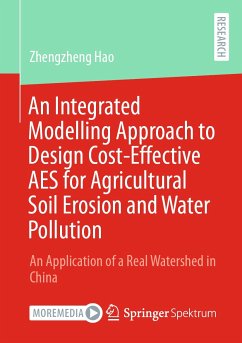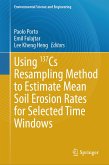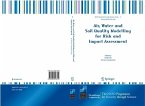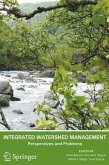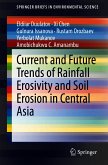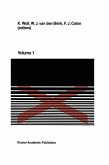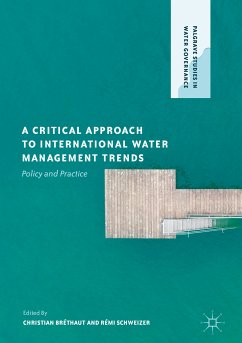Agri-environment schemes (AES) is frequently adopted for tricky environmental issues. One key concern for AES design is to optimize the cost-effectiveness. For issues of cost-effective prevention of agricultural soil erosion and non-point source water pollution, although models that assess both environmental effects and economic costs of land use measures have been developed, they typically adopt a planning perspective instead of designing AES with the role of farmers being considered. This book presents a spatially explicit novel integrated modelling approach that addresses the shortcoming by combining several components. The relevance of the modelling approach is demonstrated in this book by applying it to the Baishahe watershed in Shanxi province in China. The results show that the modelling approach is robust to design cost-effective AES, i.e. under given budget the maximum environmental effect in the study region could be attained with a set of designed payments for measures in AES. The developed modelling approach is generic and powerful for application in all kinds of agricultural watersheds with various sizes.
About the author
Dr. Zhengzheng Hao has been working in the field of environmental economics, with interest in topics of agri-environmental schemes, payment for ecosystem services, biodiversity conservation, climate change, etc.
Dieser Download kann aus rechtlichen Gründen nur mit Rechnungsadresse in A, B, BG, CY, CZ, D, DK, EW, E, FIN, F, GR, HR, H, IRL, I, LT, L, LR, M, NL, PL, P, R, S, SLO, SK ausgeliefert werden.
Es gelten unsere Allgemeinen Geschäftsbedingungen: www.buecher.de/agb
Impressum
www.buecher.de ist ein Internetauftritt der buecher.de internetstores GmbH
Geschäftsführung: Monica Sawhney | Roland Kölbl | Günter Hilger
Sitz der Gesellschaft: Batheyer Straße 115 - 117, 58099 Hagen
Postanschrift: Bürgermeister-Wegele-Str. 12, 86167 Augsburg
Amtsgericht Hagen HRB 13257
Steuernummer: 321/5800/1497
USt-IdNr: DE450055826
Bitte wählen Sie Ihr Anliegen aus.
Rechnungen
Retourenschein anfordern
Bestellstatus
Storno

